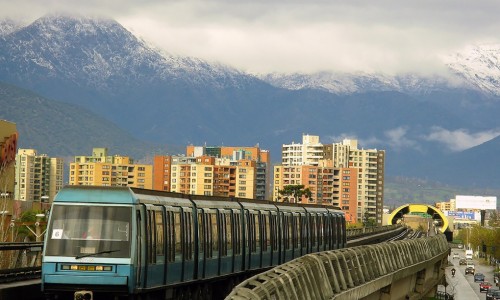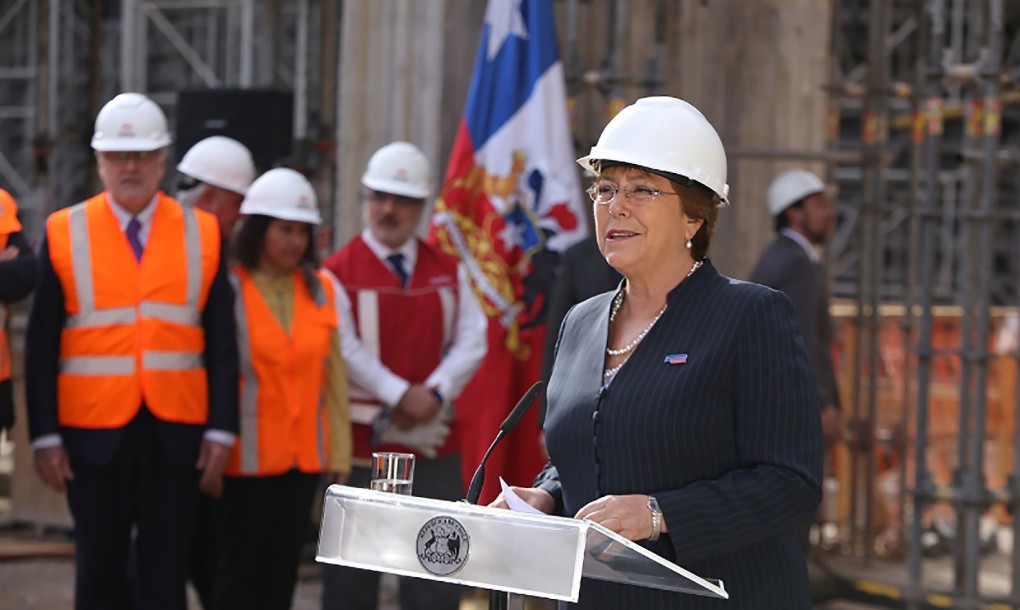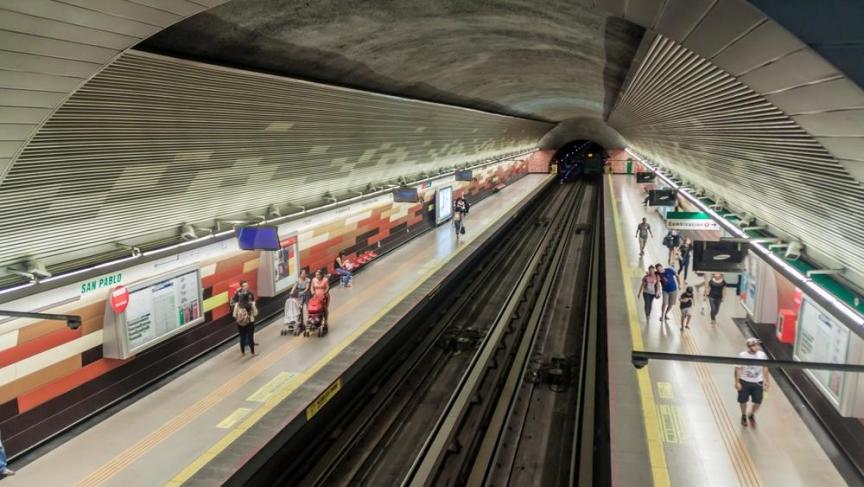RECOMMENDED VIDEOS

The EcoBoomer - All Electric, Zero Emissions, Eco-Friendly
EcoBoomer Co. Ltd.

Rutronik's new logistics center
Rutronik Elektronische Bauelemente GmbH

EV the Future
BYD COMPANY LIMITED

Electric Vehicles Alke XT
Alke

Aqualess Shine - Waterless Car Care Products
Aqualess Shine
Related Stories
Students compete to design energy-efficient, battery-powered rail vehicles
California makes huge investment in ‘widespread transportation electrification
EvoWheel converts almost any bicycle into an electric bike in just 30 seconds
The E-Fan X jet heralds an electric passenger plane revolution
Manta5’s new electric water bike lets you cycle on rivers and lakes
31 May, 2016

Chile introduces world’s first metro to be powered largely by renewables
Green Transportation & Logistics | CHILE | 30 May, 2016
Published by : Eco Media Asia
Public transportation offers a sustainable alternative to masses of individual automobiles, yet many systems still run on unsustainable power sources. With around 2.2 million people riding the Metro de Santiago every day, Chile requires a great deal of energy to keep people moving. President Michelle Bachelet recently announced the country’s mass transit system will soon be almost entirely powered by wind and solar energy, resulting in a slew of environmental benefits.

This is an exciting step for South America’s second largest subway system in terms of length. Chile’s Metro de Santiago will receive 42 percent energy from solar power and 18 percent from wind power. The country’s step towards renewables highlights its commitment to clean energy that does not harm the environment or people, according to President Bachelet. She announced the news at a future metro station currently under construction.
California solar company SunPower is building the solar plant that will generate the solar power, and Brazilian company Latin America Power owns the wind project also worked on by Spanish company Elecnor that will provide wind power.

SunPower expects their solar plant to be finished in 2017. According to the company, Metro de Santiago “will become the first public transportation system in the world to run mostly on solar energy.” In a statement, SunPower’s Executive Vice President of Power Plants Eduardo Medina said, “Solar is an ideal energy source for Chile because of the country’s high solar resource and transparent energy policies.”
Chile will make the switch to renewables in 2018 when the solar and wind plants are operational. The projects will provide Metro de Santiago with renewable energy for 15 years. According to President Bachelet, not only will passengers be able to travel swiftly and safely, they will be able to get around in a way that “cares for the planet, reduces our carbon footprint, and makes possible a sustainable future for all.”
